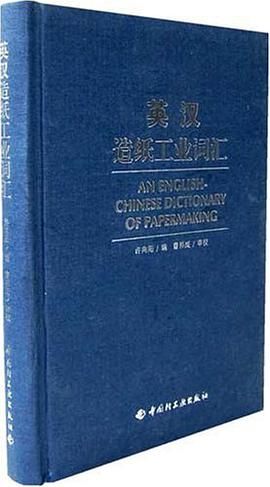

Jurgen Habermas, particularly in his master work Theory of Communicative Action (1981), takes us several of the basic insights of the philosophical tradition of reflection initiated by Kant, and sets it on a new and highly original emancipative path. He claims that reflection not only can determine the limits of reasoning about thought and action, but also can grasp the limits that human agents face in freeing themselves form unjust social and economic structures. Human agents can engage in constructive and emancipative communication with others by determining the limits not of their own consciousness, but of the intersubjective structures shared in everyday communication. Reflection Revisited examines Habermas' own two-stage development of this theory of emancipative reflection and explicates how he applies reflection specifically to the problems of personal identity development and ethics.
具体描述
读后感
评分
评分
评分
评分
用户评价
相关图书
本站所有内容均为互联网搜索引擎提供的公开搜索信息,本站不存储任何数据与内容,任何内容与数据均与本站无关,如有需要请联系相关搜索引擎包括但不限于百度,google,bing,sogou 等
© 2025 book.wenda123.org All Rights Reserved. 图书目录大全 版权所有




















